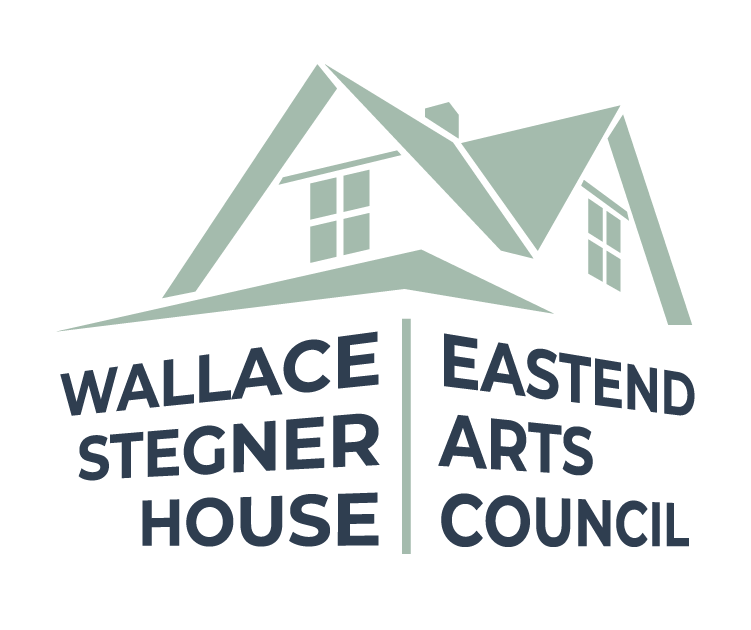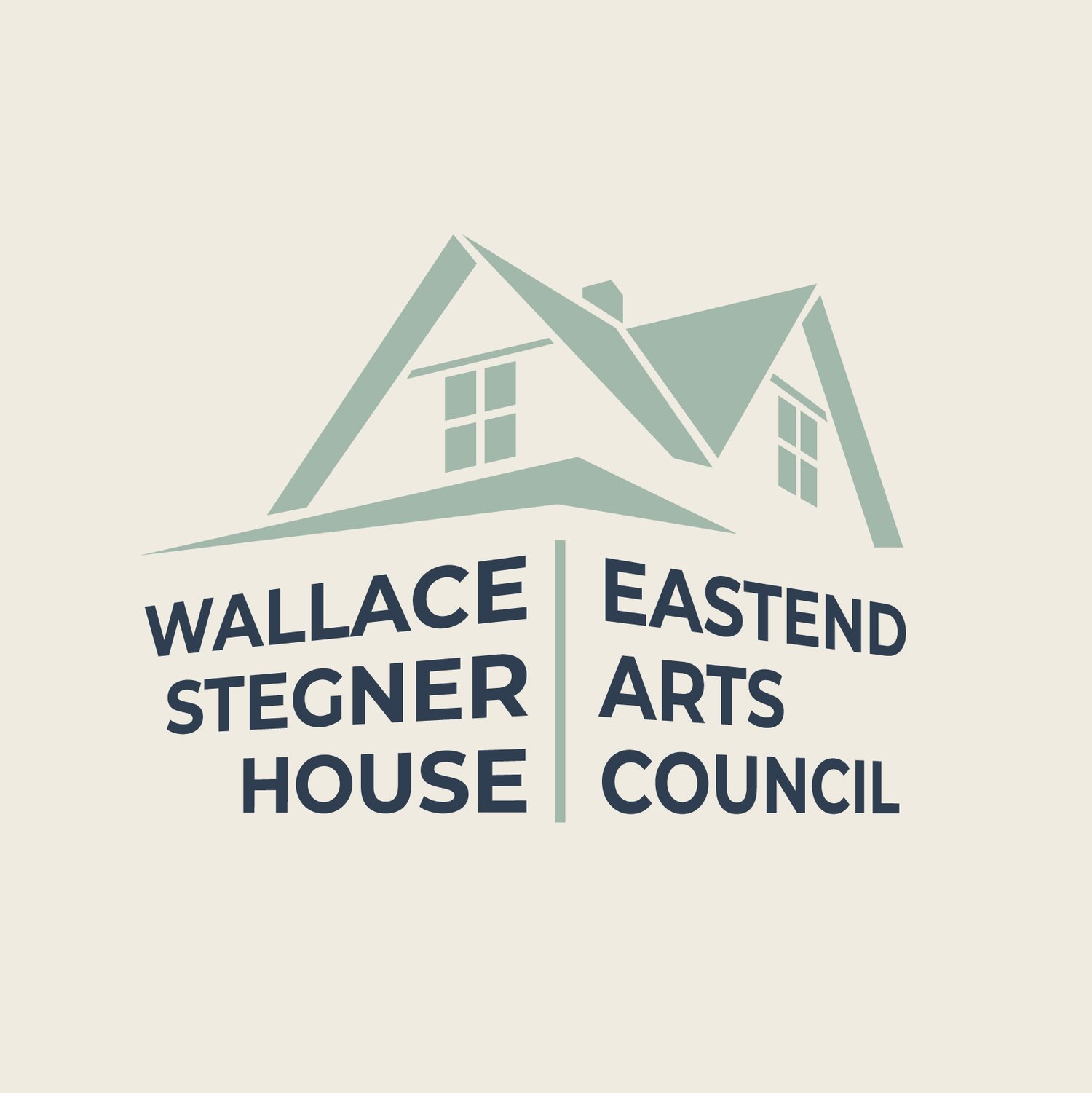Sharon Butala Reflects on 30 years of Wallace Stegner House
We caught up with Sharon Butala to see what she has been up to lately and to look back on what she was thinking 30 years ago when she worked with the community of Eastend to establish Wallace Stegner House.
1. What was the inspiration for starting the Stegner House and why did you feel it was important? In some ways it is hard to recreate what I was thinking well over thirty years ago, but in those days, I was a person who rose to that kind of challenge and when I was told by Alice Butala about the house and its significance and took a look at it, I was shocked at its deterioration and saw that if somebody didn't do something, it was going to vanish. Small towns don't usually have much to recommend them to urban folk, and it seemed such a major shame that it could vanish forever and become mere folklore before being completely forgotten, that I thought it was essential to save it both for the town's sake, and because Wallace Stegner was a major writer who was the first to write so intimately and knowledgeably about Eastend and the area. In doing so, he made it indelible in our country's history.
2. Tell us about a writer residency experience you have had and why they are important to writers? I personally have little experience of writers' residencies other than a two-week stay in one in Ireland not so long ago. I didn't need them because I had the good fortune to have seclusion and privacy in my daily life. But so few people in this modern-day urban world have what I had, and trying to finish a project, or to find the time to go deep into the creative self without constant interruptions is very hard to do for most writers in cities, and with families and a network of friends and clubs and organizations and so on. Eastend, in its truly gorgeous, sweeping setting, allowed such people to have a few days or months when they could sink into their creative selves and produce meaningful and important work. Without that time, many many have simply given up trying to write. This is a loss to all of us. Writers help create our world and to distinguish it from the USA and any other country. Our writers say without actually saying it: This is what it is to be a Canadian. They say it for us, for others, and for posterity. They help create our identity at this period in our history.
3. Recently the Stegner homestead was included as a part of the new federal protected area. They haven’t decided what to call it yet—is it a national wildlife area or a Heritage Rangeland or Federal Grassland or what? And then will they give it a name to honour someone? What are your thoughts on this? I think it's wonderful that the Stegner Homestead is now a part of a federal protected area. If you mean, what should the whole thing be called, I'd need a long time to think about that, thinking of the rum-runners, the cowboys, the first white women to try to make homes there, and especially, the First Nations people whose home it originally was. Maybe an Aboriginal leaders' name would be a good thing to call it. Or even a hyphenated First Nations' name - Wallace Stegner's name, or instead of Wallace, how about his mother's name? What she endured! As did many of the pioneer women - maybe it's time we recognized all of them by calling it the Hilda Paulson Stegner Rangeland Preserve. (Not to use 'Grassland' as we already have such an area with that word in its name.)
4. Is the land still a factor in your life as a writer? It is still a part of my life period. I live a few minutes from the Weaselhead Natural area and go there almost every day and have for years now. Recently I joined a tiny birding group, not so much because I am becoming obsessive about birds - I'm definitely not - but because it gets me out into the wild areas of Calgary's wonderful, numerous city parks every Sunday morning. I can't live without regular spells in the natural world. I mean that. As for writing about this still, nature shows up in my work here and there, but is no longer my chief subject, to my profound regret and sorrow. I will never get over losing the land when Peter died.
5. Perfect happiness? Living much closer to nature and, of course, with Peter Butala back with me. Periodically flying to the big cities to be part of literary festivals and conferences. Not having the aches and pains of an eighty-year-old; not having people dying on me every time I turn around.
But those are all negatives. The positive: Always finding the perfect word; always being able to plumb the depths in writing of the human soul and the human condition.
6. What I'm doing these days? I mentor a memoir-writers' group and a short story group, as well as working by phone and the internet with an individual writer in another city, reading books for publishers, reading books period. And writing. I have two more unpublished manuscripts, one a novel which was supposed to be out this month but the publisher fell into bankruptcy so we have to start again, and a collection of essays called, This Strange Visible Air: Essays on Aging and the Writing Life. My fingers are crossed that it might be published next year, but there is no certainty there yet. Season of Fury and Wonder continues to sell though and I hope it will for a long time to come. I recently moved the book to Calgary's Freehand Press, a small but prestigious publisher that is very supportive of me and my work, and seems to think I'm an important Canadian writer. That, I can always use!
I have another book in the works, and suspect they will have to wrench my laptop from my cold, stiff fingers as they try to jam me into a coffin. I am still, and always, a writer.

